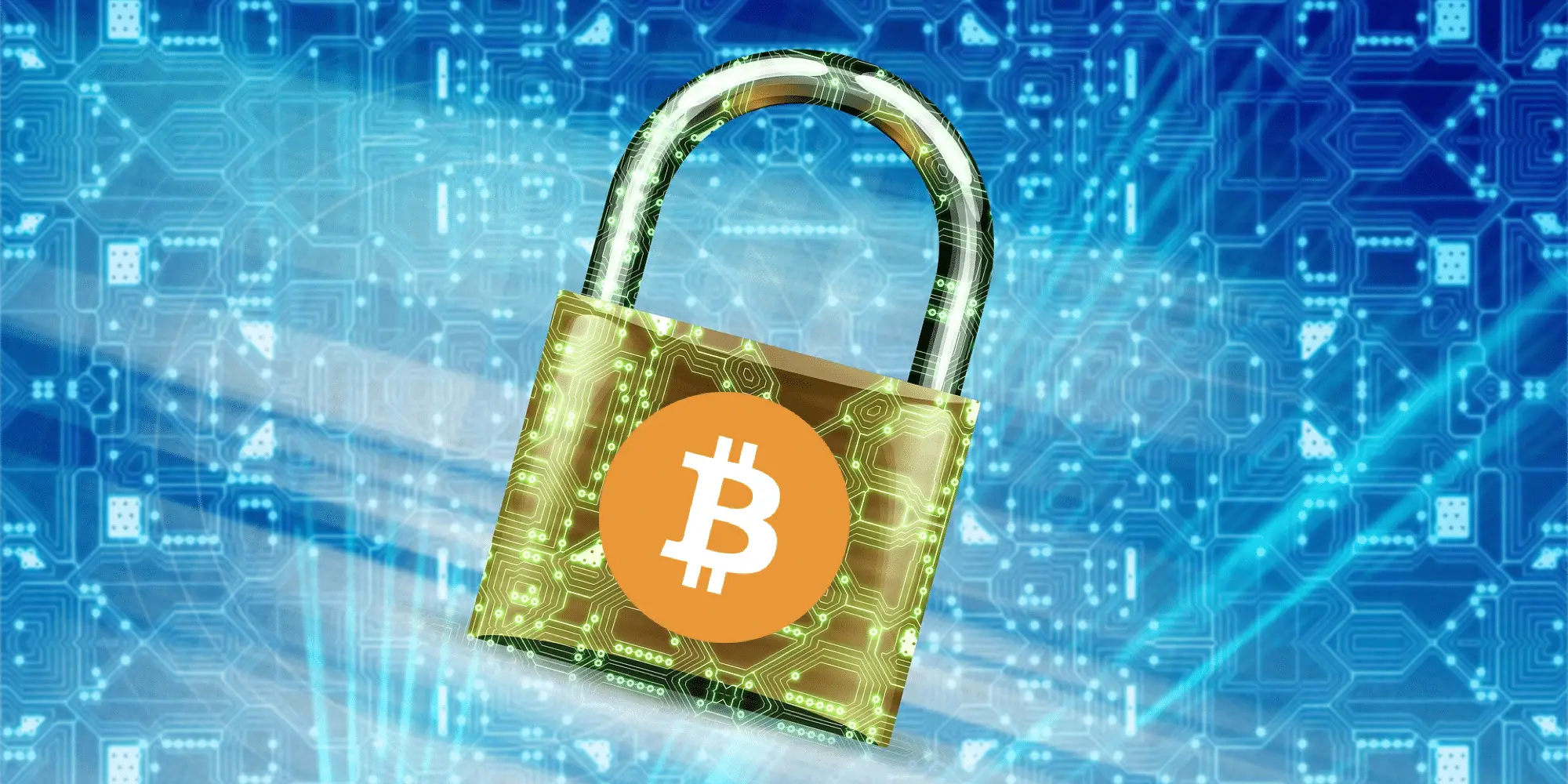Bitcoin And Privacy - Balancing Transparency With Confidentiality
Discover Bitcoin and privacy challenges & solutions. Balancing transparency with confidentiality.
Author:Camilo WoodReviewer:James PierceFeb 16, 20241.3K Shares38.9K Views

Bitcoin, hailed as a beacon of financial freedom and innovation, operates on the principles of decentralization and transparency. However, one aspect that often sparks debate and scrutiny is Bitcoin and privacy. This article delves into the intricate relationship between Bitcoin and privacy, exploring the challenges, mechanisms, and implications of maintaining privacy within a decentralized ecosystem.
Understanding Bitcoin's Approach To Privacy
Bitcoin's design philosophy prioritizes transparency and decentralization, aiming to create a trustless financial system that operates without intermediaries. At its core, Bitcoin transactions are pseudonymous, meaning they do not directly reveal the identities of the parties involved. Instead, transactions are recorded on a public ledger called the blockchain, where cryptographic addresses are used to represent senders and recipients.
While this pseudonymity offers a level of privacy, it is not entirely anonymous. Through sophisticated analysis techniques, it is possible to trace transactions and potentially deanonymize users. Additionally, Bitcoin's transparent ledger allows anyone to inspect and analyze transaction histories, raising concerns about privacy and confidentiality.
Most individuals are not used to coping with the unusual level of transparency that characterizes Bitcoin's operation. Every Bitcoin transaction is recorded permanently on the network, traceable, and accessible to the public. The only data utilized to specify how and where bitcoins are distributed is their bitcoin addresses.
Each user's wallet creates these addresses in secret. Addresses, however, are contaminated by the history of every transaction they are associated with after they are utilized. Anybody can view any address's balance and transaction history.
Since most services and goods require users to disclose their identify, Bitcoin addresses are unable to stay completely anonymous. Since the block chain is unchangeable, it's crucial to remember that something that is today untraceable could eventually become easily traceable. For these reasons, users should be cautious not to reveal their Bitcoin addresses and should only use them once.
Challenges In Achieving Privacy
Maintaining Bitcoin and privacy presents several challenges:
- Address Reuse- Bitcoin addresses, while pseudonymous, can be linked to real-world identities if used repeatedly. Address reuse undermines privacy by creating a trail of transactions associated with a particular user.
- Network Analysis- External entities, such as blockchain analytics firms, employ network analysis techniques to track and analyze Bitcoin transactions. By mapping transaction patterns and flow of funds, these entities can potentially identify and surveil users, compromising their privacy.
- Public Ledger- Bitcoin's public ledger, while essential for transparency and security, poses challenges to privacy. All transactions are recorded and publicly accessible, allowing anyone to inspect transaction details and trace funds through the blockchain.
Implications Of Privacy In Bitcoin
Privacy plays a crucial role in shaping the future of Bitcoin and its adoption:
- Financial Freedom- Privacy is fundamental to financial freedom and autonomy. By preserving privacy within the Bitcoin network, individuals can transact freely without fear of surveillance or censorship, empowering them to exercise full control over their funds.
- Regulatory Compliance- While privacy is essential for individual sovereignty, it also raises concerns about regulatory compliance and anti-money laundering (AML) efforts. Regulators seek to balance privacy with the need to prevent illicit activities and ensure compliance with financial regulations.
- User Adoption- Enhancing privacy in Bitcoin can promote broader user adoption by addressing concerns about surveillance and privacy infringement. Privacy-conscious users may gravitate towards cryptocurrencies that offer robust privacy features, driving demand and adoption.
Restoring Privacy For Bitcoin
Chain analysis, Know Your Customer, and Anti-Money Laundering regulations are detrimental to Bitcoin privacy and, hence, fungibility. Still, a lot of people are working hard to ensure that Bitcoin users can continue to transact pseudonymously and to render chain analysis methods obsolete.
Additionally, it is possible to carry out Bitcoin transactions without adding data to the Bitcoin blockchain by using off-chain protocols like the Liquid Network, Lightning Network, and others.
Future Improvements
Future advancements in privacy protection should be anticipated in large numbers. For example, the payment messages API is being worked on in order to prevent tainting many addresses at the same time while making a payment.
With time, additional wallets may adopt Bitcoin Core change addresses. It might be possible to enhance graphical user interfaces to minimize address reuse and offer user-friendly payment request options. Research and development efforts are also being made to create other extended privacy features, such as the ability to combine transactions from random users.
Bitcoin And Privacy - FAQs
Is Bitcoin Good For Privacy?
Since bitcoin payments are pseudonymous, no personally identifying information is associated with them. Payments stay anonymous unless ownership is disclosed, either by the persons involved or by a third party. All transactions, signatures, and addresses uploaded to the blockchain of bitcoin are permanently public.
How Does Bitcoin Ensure Privacy For Its Users?
Bitcoin offers pseudonymous transactions, where users are represented by cryptographic addresses rather than real-world identities. While this provides a level of privacy, it's not entirely anonymous, as transaction histories are recorded on the public blockchain.
What Are Some Challenges To Privacy In Bitcoin Transactions?
Challenges include address reuse, network analysis by third parties, and the inherent transparency of the Bitcoin blockchain, which allows anyone to inspect transaction details and trace funds.
What Are Stealth Addresses, And How Do They Enhance Privacy In Bitcoin?
Stealth addresses allow recipients to generate unique addresses for each transaction, preventing address reuse and enhancing privacy by making it more challenging to link transactions to a single address.
Is Bitcoin Completely Private And Anonymous?
No, a common misunderstanding regarding Bitcoin is that its users can remain completely anonymous. Transactions are pseudonymous, although they can still be traced to some extent.
How Do I Get Bitcoin Privately?
It is preferable to use cash, a prepaid debit card or gift card, or conduct a peer-to-peer transaction if you wish to purchase Bitcoin anonymously. Steer clear of payment options like credit or debit cards that are associated with your personal data.
Conclusion
Bitcoin and privacy embodies a delicate balance between transparency, security, and individual autonomy. While the pseudonymous nature of Bitcoin transactions offers a degree of privacy, achieving true anonymity within the network remains a challenge. Privacy-enhancing mechanisms and techniques aim to address these challenges, providing users with tools to protect their privacy and security.
As the cryptocurrency landscape continues to evolve, the debate over privacy in Bitcoin will persist. Finding the right balance between privacy and transparency is essential for realizing Bitcoin's potential as a decentralized and censorship-resistant form of money. Ultimately, privacy is not just a feature but a fundamental human right that must be preserved and protected in the digital age.

Camilo Wood
Author

James Pierce
Reviewer
Latest Articles
Popular Articles

